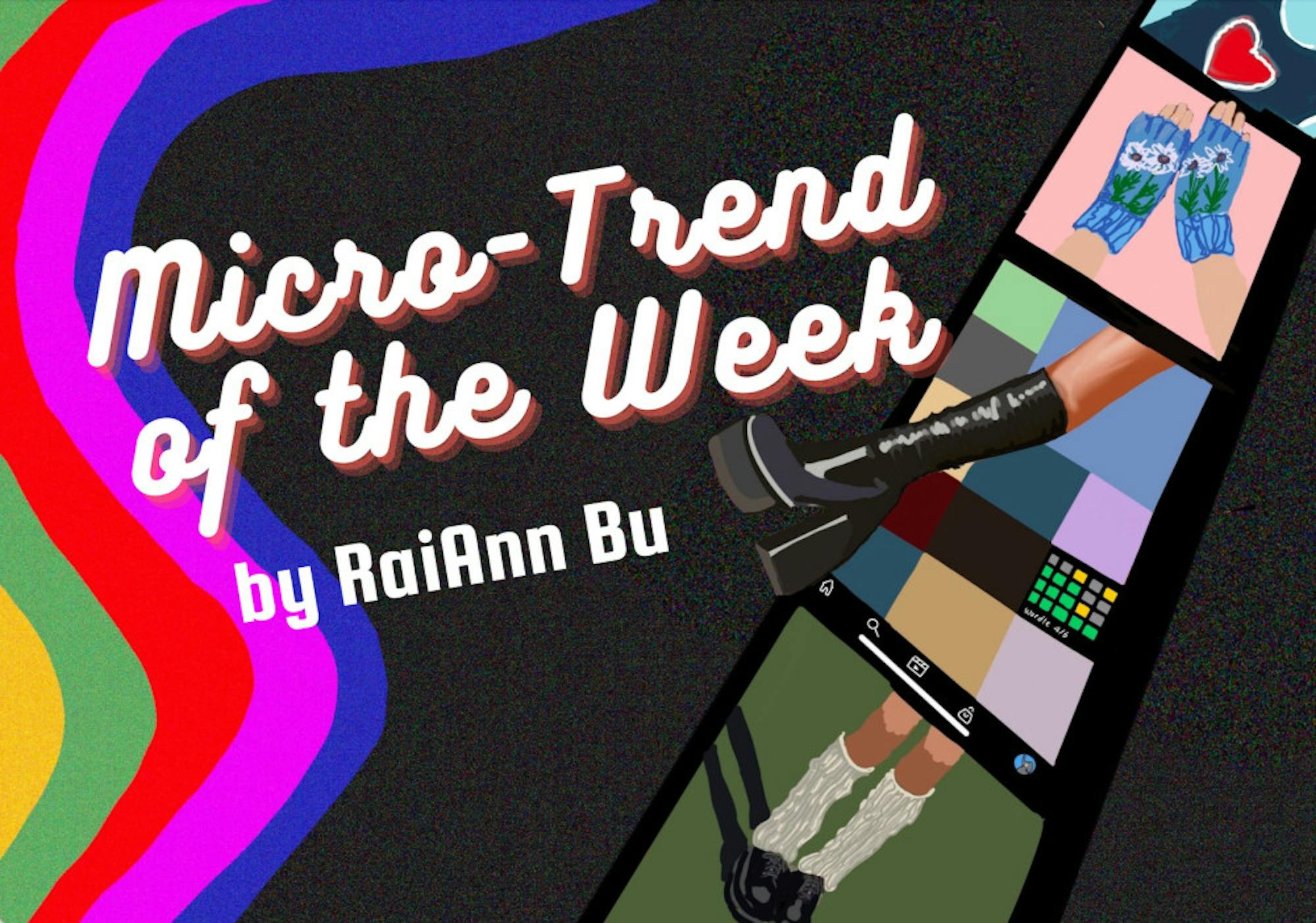In the past few years, sustainability and ethics in fashion have been frequently brought into the public eye. With the rise of brands marketing sustainable alternatives, clothing brands — including fast-fashion labels — have scrambled to acclimate to new standards of transparency. Consequently, the phenomenon of “greenwashing” has brands such as H&M marketing its fabrics and practices as environmentally friendly, but with little evidence. Green innovations in fashion now include using recycled fabrics and turning to new fabric alternatives such as recycled plastic bottles and mushroom leather. But how easily can these sustainability trends be integrated?
In summer 2020, during the flurry of the COVID-19 pandemic, I picked up a new hobby of sewing. Fueled by an almost manic frenzy, I would sit down and sew for eight hours straight each day. Though it was an endless cycle of frustration, despair and occasional joy, I learned new sewing methods and explored my own creativity with clothing. I was mainly motivated by greed to have the closet of my dreams without the price tag, paying with my labor instead. I also attempted to create as sustainable a production process as possible, which thoroughly failed.
In my simple introduction to sewing, I found sustainability in fashion, especially on a small scale, an incredibly difficult thing to accomplish. Despite sourcing material from thrift stores and making dog toys out of scraps, I was still left with a substantial amount of waste after each product. Each piece took at least two prototypes in order to figure out sizing, optimal cuts and details. Inevitable waste was created by fabric-cutting in order to abide by the grain lines to create a tailored fit. Failed pieces were scrapped over and over again.
All this leads me to believe that sustainability in fashion won’t be achieved just by shopping from eco-friendly stores like Reformation, or by small indie brands preaching eco-friendliness because what they show you isn’t half of what actually goes on. The words “sustainable” and “ethical” have simply become marketing buzzwords that play on our guilty conscience, but they are essentially meaningless. A sustainable clothing brand with trendy clothing unfortunately is an oxymoron.
Now trust me when I say that this makes no one sadder than it makes me. I’ve tried to learn to separate the joy of fashion creativity from the joy of items. Making my own clothing has allowed me to think more carefully about my consumption and develop agency apart from capitalism. There are solutions such as buying less frequently and more intentionally, buying second-hand clothing and renting garments. Any step in the right direction helps. Remember to be kind to yourself in the process of building a more conscious wardrobe.






